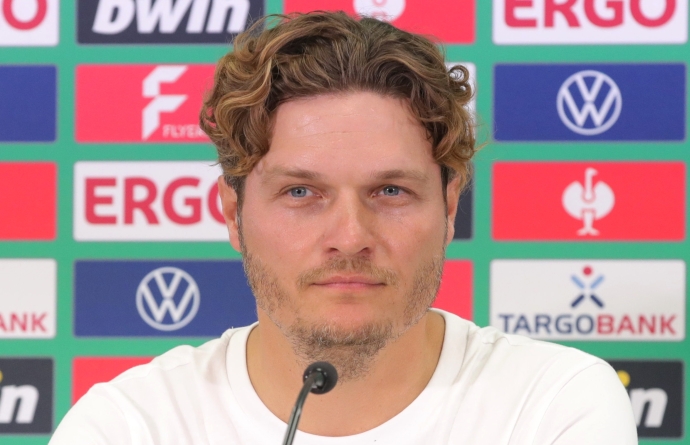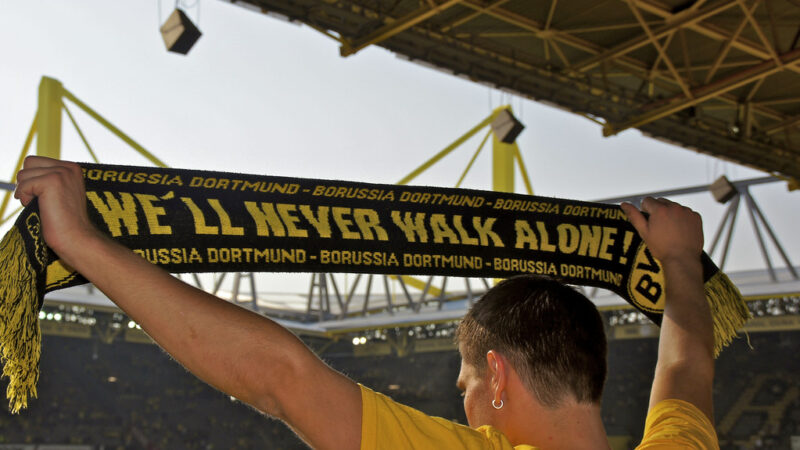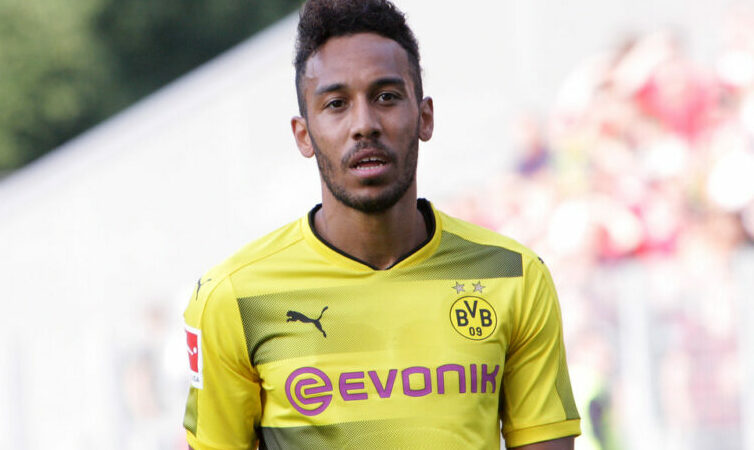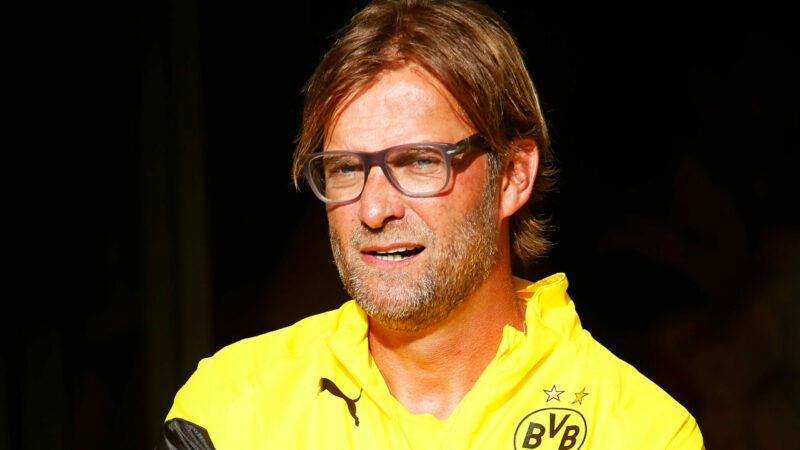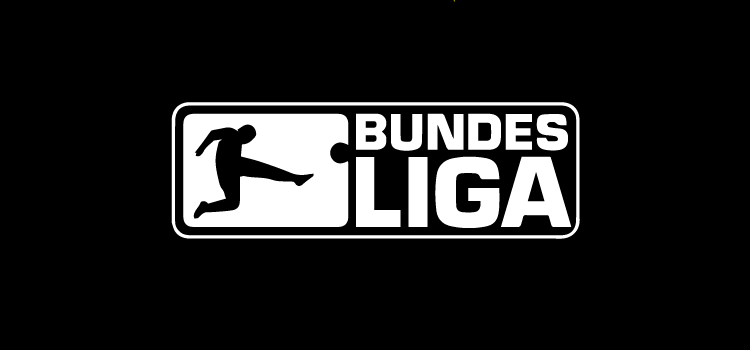The January Transfer Monger Final Report: Future Flexibility Key To January Decisions

If fans were hoping that Borussia Dortmund would make big moves to compensate for their slipping league position and the loss of superstar striker Pierre-Emerick Aubameyang, they are likely quite disappointed now that the January transfer window has closed. However, the business that they did accomplish could still be enough to earn Dortmund a Champions League place. There has been an extraordinary drain of talent from the club over the last two years, but it is both a testament to the talent still left and to the executives tasked with bringing in new players that the club are still within striking distance of where they should be. No, 6th place is not where die Schwarzgelben and it’s loyal fans would like to be, but they are only 3 points off 2nd place Schalke and Leverkusen, so the situation is far from dire. The fact remains that few clubs in Europe could lose the quality of player that Dortmund has and stay relatively close to their previous heights.
It appears that Michael Zorc and Hans-Joachim Watzke have decided to try and overcome the loss of Aubameyang and their season struggles with surprisingly few changes, a move which could leave the club with quite a bit of financial flexibility heading into the summer. The club have spent an impressive £98.85 million on transfers since the start of last summer, but have recouped a staggering £216.68 million on player sales during that time frame. The decision to bring in Michy Batshuayi on a short term loan to replace Aubameyang for the rest of the season indicates that they would prefer to find his long term replacement in the summer, when more teams are listening to offers for their players. Even accounting for such additional expenses as new contracts for existing players, Dortmund should have quite a bit of spending money to fill holes in the summer.
One Batman For Another
Given the lack of true out and out strikers that were available this January, the club could have done a lot worse for themselves than capturing a hungry Michy Batshuayi for the rest of the season from Chelsea. Though he hasn’t found much favour or consistent minutes from Antonio Conte in West London, all Batshuayi does is score goals when he’s given the opportunity. In just 476 minutes of action this season for the Blues, including friendlies, Batshuayi has scored 14 goals in all competitions. That is an incredible ratio for a player that has never seemed to be his manager’s first choice. At 24 years old, and with the World Cup on the horizon this summer, Batshuayi is hungry for minutes to assure Belgium manager Roberto Martinez that he will be a valuable asset for his country the world’s biggest tournament.
Batshuayi will be able to slot right into Aubameyang’s lone striker role, but he will bring a slightly different set of skills than the Gabonese international. Batshuayi has good pace, though it is far from the elite top end speed of Aubameyang, and is plenty athletic to lead the line in the Bundesliga. He is of a similar height to his predecessor, but a much sturdier frame ensures that Batshuayi will likely be more of an aerial threat than Aubameyang, who scored with his head but was far from polished in the air. Batshuayi is also an instinctual finisher like Aubameyang, relying on an innate sense for goal scoring more than prodigious technique.
Having spent the last season and a half with Antonio Conte at Chelsea, Batshuayi is used to a regimented tactical approach, much like Peter Stoeger favours, and will be up to whatever responsibilities he is tasked with at Dortmund. Indeed, he will likely contribute much more than Aubameyang ever did in defence, as the Gabonese was especially fond of floating high, waiting to be sprung by his teammates. Chelsea don’t press much compared to some clubs in England, but when they do it is with many of the same triggers teams use all the time in the Bundesliga, so he should be capable of playing in that classic Dortmund way (though it has been seen less since Stoeger took over). Should the striker be half as prolific as he had been in a limited role with Chelsea, the club could end up incensed with themselves for not trying to make the move permanent. Overall, he represents a very low risk but high reward proposition for the rest of the season, and he could be a major player in their bid to try and close the gap on table topping Bayern Munich.
Akanji To Help Now?
Possibly the most quintessential Dortmund signing of January, Manuel Akanji is the exact sort of player that the club typically target. Despite a fairly large £20 million fee for such a young player, Akanji had been the star and anchor of Swiss club Basel’s defence. He profiles as a player very much for the future, but he is definitely capable of contributing to the team right now. He is extremely calm on the ball for a young player, and combines this unusual maturity with an active defensive style that is well suited to the Bundesliga. His presence will help make up for the loss of veteran defenders Marc Bartra and Nevin Subotic, who both departed in January. He will likely form the basis of the backline of the future with fellow young defender Dan Axel-Zagadou, but he could see significant time this season as a first choice alternate for current starting pair Omer Toprak and Sokratis.
Fresh Starts
It is never fun to say goodbye to players that have been quality servants for the club, but in the cases of Nevin Subotic and Marc Bartra, it was perhaps to the benefit of all parties involved. Subotic departed for St. Etienne earlier in January, where he will join up with Arsenal cast off Mathieu Debuchy to add some veteran steel to the backline. Subotic had been used sparingly during the last couple of seasons, and injuries were a constant hindrance to his career. He was used earlier this season in a back 3 as Peter Bosz desperately searched for solutions during his ill-fated tenure, but with a back 4 seemingly back as the usual order of business, and the club’s decision to spend handsomely on young defenders for the future, now was the best time for Subotic to move on.
Bartra’s situation was not as much about his performance on the pitch (though he had not been preferred in a central defender role this season), but rather the emotional well-being of he and his family as he continues to rebound mentally from the horrifying bomb attack last season on the team bus that left him stricken with a broken arm. Reports emerged in December that Bartra was desperate for a move back to his homeland, Spain, where he and his family could once again feel more comfortable. Though his time in Dortmund will not necessarily be labeled a success, he will be remembered for his contributions as well as the harrowing scenes of that day that drew such an incredible response from the local community. Unfortunately, it wasn’t enough to settle Bartra into his adopted home, and he will return to La Liga action with Real Betis, where he signed for just under £10 million two days ago.
Survive and Reload (or Rebuild?)
The rest of the season will be a war for Dortmund as they try and salvage a decent finish to their campaign. Peter Stoeger appears to have settled the defence after the catastrophic disorganisation under Peter Bosz, but fresh problems have emerged with the attack since his hiring. Batshuayi will likely not score quite as many goals as Aubameyang had when he was around, but his harder work for the team should pay off in other ways. Marco Reus should conceivably return in the second half of the season, and he will be key to replacing the goals lost this January with Aubameyang’s departure. It may take him a while to get back to his best, but the team have become accustomed to playing without him, and any contribution he makes upon his return should be viewed as a bonus.
Not spending all of the funds available to them from the Dembele, Aubameyang and other transfers will give them flexibility in the summer, as previously mentioned, but the club could decide to take their rebuild to another level should they decide to do so. A healthy Marco Reus is an incredible asset and one of the most exciting players in the world, but as he nears 30, perhaps he starts to think about making one last big move for his career as the squad around him gets younger and younger. Other players such as Christian Pulisic and Julian Weigl are incredibly valuable, with the pair thought to be worth close to £150 million combined, but could prove tough to hold on to should the club restock with younger players and assume a longer-term plan for success. Dortmund have a unique blend of veteran experience, young talent and shrewd executives, so whatever path they choose will likely breed success down the road. Dortmund are one of the richest clubs in the world, but are far from the financial power that certain clubs in England and around Europe are. The squad could look very different by the beginning of the next season, but Dortmund are as well equipped as anyone to withstand the challenges.

